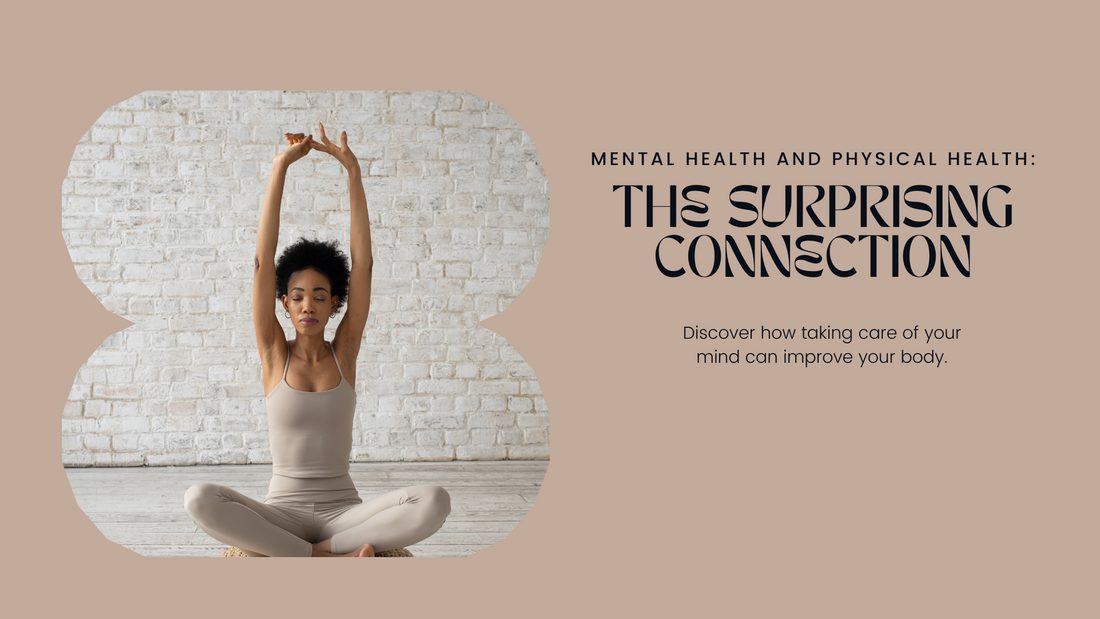
How Mental Health Affects Physical Health
Mental health is a critical aspect of our overall well-being, influencing not only our emotional and psychological state but also our physical health. The connection between mental and physical health is profound and multifaceted, with each influencing the other in significant ways.
The Impact of Mental Health on Physical Health
Mental health conditions can directly affect physical health. For example, individuals with mental health issues are more likely to have preventable physical health conditions such as heart disease. Depression can lead to physical symptoms like headaches, fatigue, and digestive problems. Similarly, anxiety can result in an upset stomach, insomnia, restlessness, and difficulty concentrating. Moreover, mental health disorders like depression and schizophrenia have been associated with an increased risk of chronic illnesses, including diabetes, asthma, cancer, cardiovascular disease, and arthritis. Poor mental health can also intensify the symptoms of these chronic illnesses, making them more challenging to manage.
The Reciprocal Relationship
The relationship between mental and physical health is reciprocal. Just as mental health issues can lead to physical health problems, physical health conditions can also contribute to mental health issues. Nearly one in three people with a long-term physical health condition also has a mental health problem, most often depression or anxiety.
Tips for Maintaining Mental and Physical Wellness
Given the interconnectedness of mental and physical health, it's crucial to take care of both. Here are some tips to help maintain mental and physical wellness:
- Regular Exercise: Physical activity is a great way to keep physically fit and boost your mood. Even short walks or climbing a flight of stairs can reduce stress and increase alertness.
- Healthy Eating: Consuming a balanced diet rich in fruits, vegetables, and other nutritious foods can contribute to both physical and mental wellness.
- Adequate Sleep: Good sleep is essential for mental and physical health. It helps you recharge, improves your mood, and reduces stress and anxiety.
- Mental Health Worksheets: These can be a valuable resource for tracking your feelings, identifying potential triggers, and developing coping strategies. They can help you understand your mental health better and provide a structured way to work through challenges.
- Self-Care: Small acts of self-care can have a big impact on your mental health. This could include taking time for relaxation, pursuing hobbies, or connecting with loved ones.
- Seeking Professional Help: If you're struggling with mental health issues, don't hesitate to seek help from a mental health professional. They can provide you with the necessary tools and strategies to manage your mental health effectively.
In conclusion, mental health plays a significant role in our physical health and overall well-being. By taking steps to maintain mental wellness, we can also enhance our physical health and lead a more balanced, fulfilling life.
